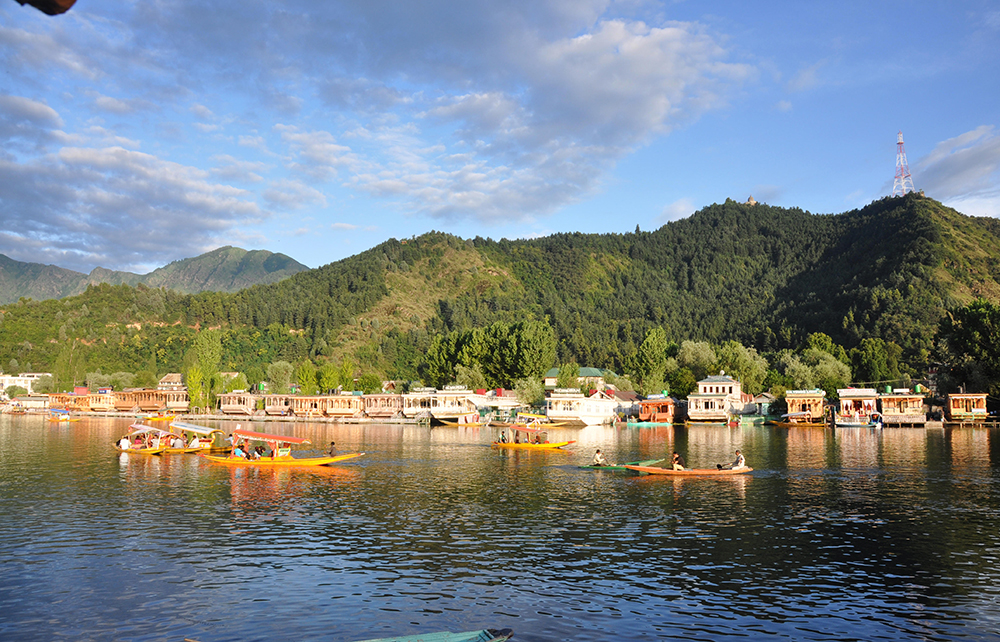We all have our vision of a paradise travel destination. Mine was Tahiti, based on exotic remoteness and those pictures of glorious atolls with their cerulean blue lagoons – until I went there and discovered a severe underlying drugs problem among the island’s youth, and whispering discontent.
Herman Melville once talked of how ‘the soul of man was an insular Tahiti, full of peace and joy but encompassed by all the horrors of the half known life’. It’s a phrase that gives Pico Iyer his title for this intriguing collage of such places which might, and should, be considered paradise, but that human intervention has spoiled. Like Satan surveying the Garden of Eden, the reader can take a certain mordant pleasure in the process. There can be a piquancy in the thought that the roses now have thorns.
In Kashmir, some half a million Indian soldiers have turned the most emotive victim of Partition into one of the most heavily militarised zones in the world. Yet Iyer can still rent one of the famous houseboats on Dal Lake among the egrets and lotus ponds and be plied with cinnamon tea. The pietra dura work on the Taj Mahal is said to illustrate the flowers of Kashmir, and the valley was so beautiful that Mughal empresses such as Noor Jahan made an annual pilgrimage there from the plains of India. Bollywood romcoms like to have a pay-off scene when the lovers sing to each other in its meadows, even if they use Austria as a stand-in when political tensions dictate.
Meanwhile in Iran – from where the word ‘paradise’ comes, for a walled garden with fountains playing – the restrictive, theocratic regime means its citizens have to ‘maintain their heaven within’, as the Persian poet Rumi put it. Iyer is good at negotiating the subtle and inward culture he finds there – he becomes paranoid that the authorities are spying on him, so writes emails in their praise – just as he is among the Buddhist temples of Japan, where ‘the relation of surface to depth remains beguilingly uncertain’.
In Iran, the restrictive, theocratic regime means that citizens have to ‘maintain their heaven within’
Now 65, he has had an interesting literary journey.








Comments
Join the debate for just £1 a month
Be part of the conversation with other Spectator readers by getting your first three months for £3.
UNLOCK ACCESS Just £1 a monthAlready a subscriber? Log in